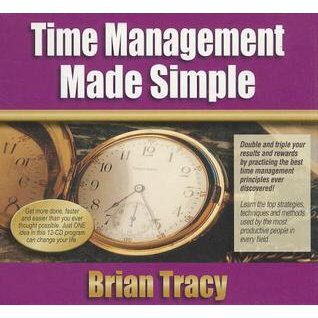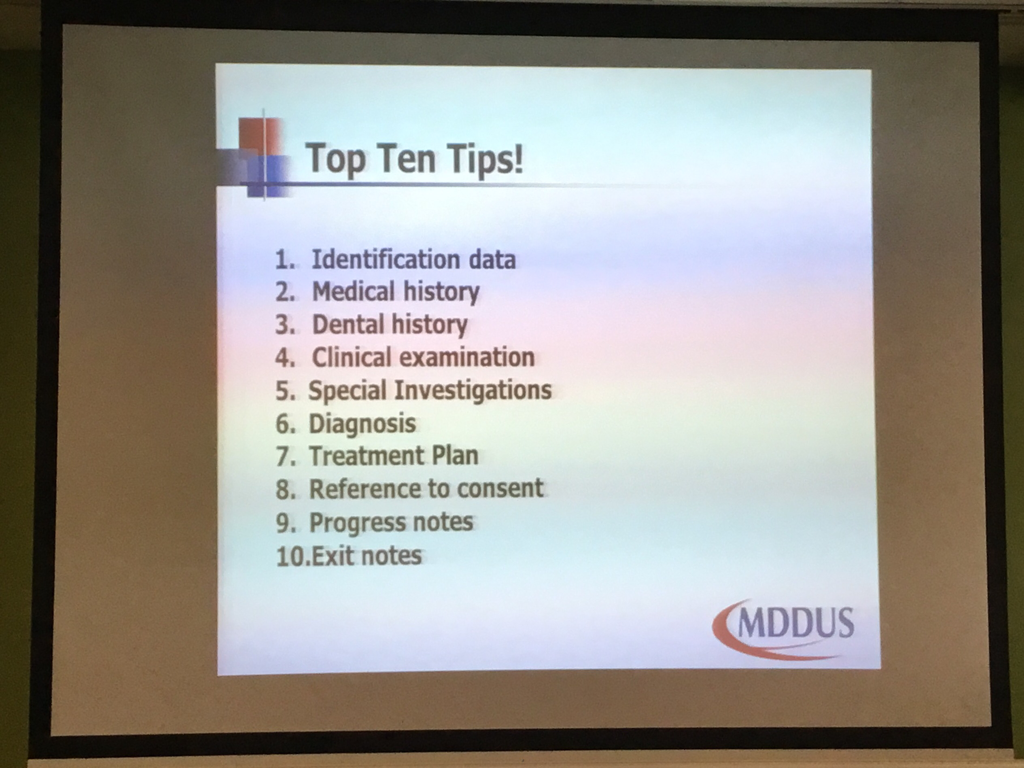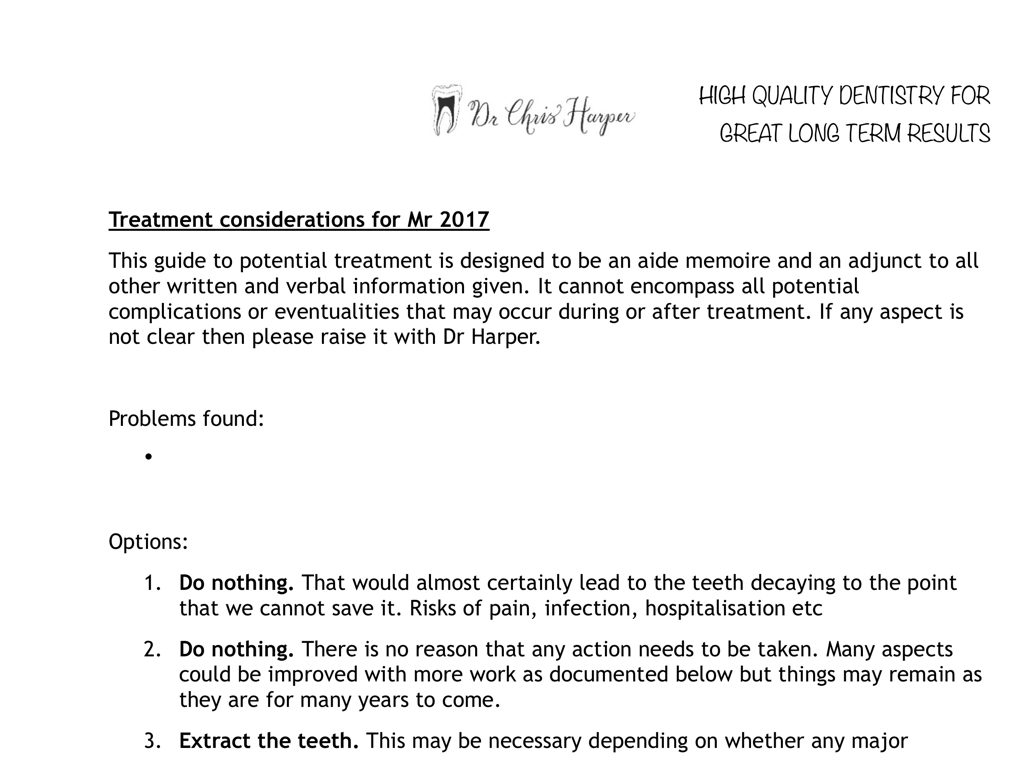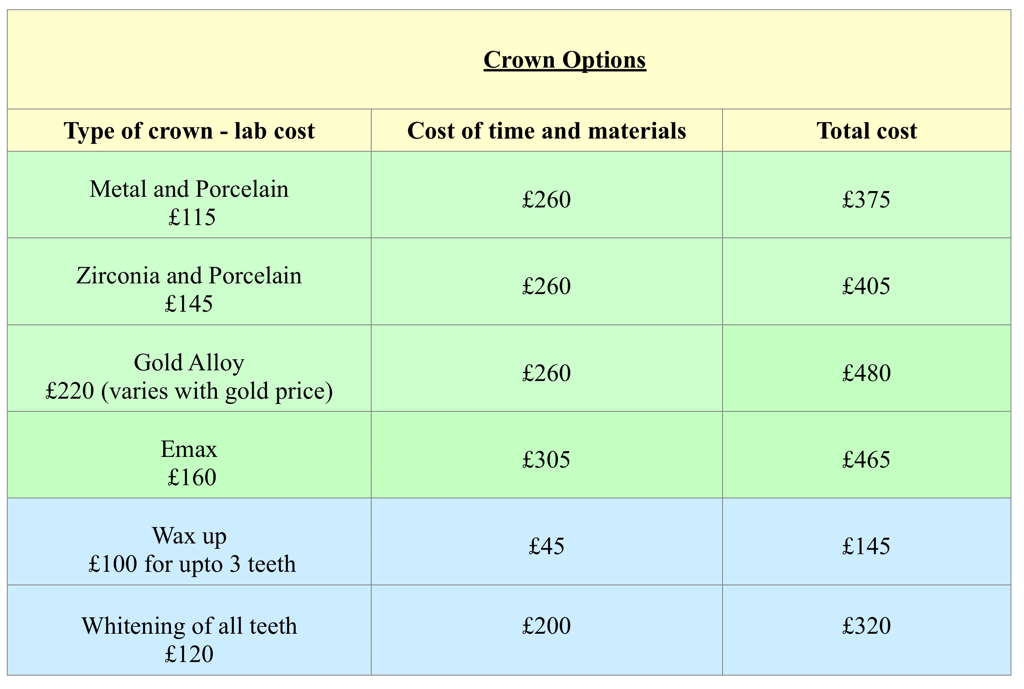|
Brian Tracy has made a career out of coaching individuals and businesses predominantly in the field of managing your time to make yourself more productive. It has clearly worked for him allowing him to amass a multimillion dollar fortune and he claims he has seen remarkable results for hundreds of thousands of individuals.
This audiobook comes in the form of 7 mini lectures on topics ranging from self discipline to organisation. They have clearly been recorded at different times for different purposes and then placed in this collection at a later date. While there are many useful points in these lectures I will be honest that I grew weary of the many flaws on display here and to me it feels like there is a lot of talk and very little substance to actually put into practice. It also feels like the ideas in this audiobook would probably have been quite useful in the early 1990s but don't feel like they would stand up to the changes in the world over the past 20 years. Because the different chapters were recorded at different times there are numerous contradictions for instance at one point recommending getting to work at 8am, working through lunch and leaving work at 6pm in one chapter and then in another stressing the importance of your health and work life balance and advising that you finish eating your evening meal by 6pm. There are also some rather strange ideas and anecdotes in this audiobook such as this recommendation for single individuals about how to find your perfect partner in which Brian Tracy suggests: Write down on paper every quality you would want in your ideal partner. This creates an imbalance in the forces of the universe which will draw your ideal partner to you. So if you want a time management book with no coherent message, aimed at the world of the early 1990s and with strange cosmic force references then this book may be for you. Personally I would suggest The four disciplines of execution instead which covers much of the same material but feels relevant and useful. If you wish to read my review of that book look here: http://www.drchrisharper.co.uk/blog/book-review-the-4-disciplines-of-execution
0 Comments
Research shows outstanding customer service has only a little impact on loyalty, whereas poor customer service has a major impact on disloyalty.
So how much should our staff concentrate on going above and beyond if this doesn't have very much impact? Will having a free fancy coffee machine, taking the pts coat and phoning them a taxi to take them home actually encourage pts to come back or should we be focussing our attention on other things? Customer satisfaction scores show a poor correlation to loyalty, whereas scores of customer effort required correlate well. So as part of patient surveys we should be asking them to rate how much effort was required from them to achieve their objectives of booking/ changing appts etc. Ideas to help make pts journeys easier: 1) Make your website simple but as useful as possible. If you can make it possible for the pt to achieve things like booking, cancelling or rearranging appts via your website it will make your pts life easier as well as freeing up your reception team to allow them to concentrate on other tasks. 2) Does your website answer questions that can avoid the need for a phone call such as providing extraction post-ops in case pts lose the printed version? Or giving advice about dry sockets and wisdom tooth problems. 3) Have you considered an automated reminder service by text or email? For many pts it will be simpler than a phone call and once again frees up your receptionists' time. 4) Encourage pts to carry a copy of their prescription with them at all times therefore making it much quicker and easier to update their MH at each appt as well being better if they have a medical emergency in public. 5) Consider ipads for updating MHs and addresses etc. Self checkin screens can mean less queuing for a pt when they first arrive. Have you spotted a trend with these ideas? By concentrating on making things simpler and easier for the pt you are also making things easier for yourself as well? This means that your receptionists will have a lot more time to concentrate on different tasks such as a wildly important goal (have you read the 4 disciplines of execution yet?). Or alternatively if they can identify the small percentage tags of pts for whom outstanding customer service does help they can go above and beyond for those individuals rather than trying to do it for everyone and failing. Today was spent in Bristol at the Holiday Inn for the third BDA Young Dentist Group Conference. It was a great day with useful lectures on a variety of topics and opportunity to meet like-minded dentists and representatives from the sponsor companies.
I thought I would just do a quick roundup of just a few of the key learning points I walked away with today. Lecture 1 The Future of Young Dentists - Dr Alun Rees Alan is the president of the BDA western counties and is now "The dental coach" helping dentists across the country. His presentation was mainly motivation and advice about how to stay ahead of the field. His top tips are: 1) Take responsibility for your own life 2) Dentistry is a marathon not a sprint 3) Put pts interests first 4) Be effective. You must be good at what you do 5) You need to be able to live and understand the business of dentistry 6) Choose your company wisely 7) Be humble 6) When you get to work leave your baggage at the door 7) Avoid arrogance 8) Take pride in what you do and wave the flag for good dentistry 9) Prevent yourself from burning out. 10) Keep evolving Lecture 2 Risk Management in Dentistry - Dr Aubrey Craig from MDDUS Respect pts right to make decisions Do no harm Do good Be able to Justify your actions Top tips about record keeping: See photo After the lecture I discussed consent forms and information sheets with Dr Craig particularly regarding the consent forms I created and shared last year. He stated, on behalf of MDDUS, that he would very much support dentists using such template forms. He said that you must make sure the form is personalised as needed for this patient by deleting unrelated items and adding or embellishing other points and must be understandable to the patient. Ideally also offering the patient sufficient time absorb and reflect upon the form, so offering a paper copy is recommended. These forms can be found here: http://www.drchrisharper.co.uk/blog/consent-forms-my-biggest-impact-post-of-2016 Lecture 3 Oral Surgery Complications - Prof Tara Renton Communication is key. Remember that pts are anxious particularly regarding the association with the chair and pain. So they will not be able to take the info in. Therefore we should be doing what all other medical professionals do and only put the pt in the chair to examine or treat the pt. at other times they should be in a normal chair or a consultation room etc. Pt safety: Standardise, educate, harmonise Reports of serious events isn't happening the way it should be so we cant learn from these events. Lecture 4 Introduction to Dental Implants - Dr Nik Sisodia Start with the end in mind. If you can learn how to restore implants you will be far better at the surgery. People who have complete dentures have 1/6th the chewing capacity of dentate individuals His opinion is that we are only 1 big legal case away from CBCT being the basic standard of planning involved with implants. If you are not doing any restoring of implants then start working closely with a surgeon and get him to teach you to restore them. If things don't work then build another relationship with someone else. Lecture 5 Updates in Paediatric Dentistry regarding safeguarding - Professor Richard Welbury Ghandi "A nation can be judged on how it treats it's children" 45000 children at any one time who are at rims of suffering significant harm and are on child protection registers. Disabled children are over 3x more likely to be subject to abuse and neglect. Next years conference will be in Exeter. Whether you are a very new graduate or have been around for some time I would recommend you check it out. Do you often find yourself having the same discussions with patients who only want the cheapest option available or whose first question is always "how much will it cost?"
Aversion to unwanted expenditure is part of human nature, but there may be some simple things you can do to help stop your patients from fixating on price and automatically choosing the cheapest solution available. First and foremost is focussing on providing high quality dentistry. But how do your patients know that you are focussed on quality? If they stick with you for many years they will over time realise that their teeth are working well hence proving your capable, but you obviously want them to understand your focus now. Let me ask you a few questions: Do you tell your patients about your passion for high quality dentistry? Does your stationary make this focus clear? Does your website say it? Do your staff say it? You have to be careful to not sound arrogant but there is no reason why this message shouldn't be made clear via these routes. For me it means that all new patients get a new pt pack explaining important points about the practice such as emergency contact details etc, but it also talks about my passion for dentistry. This information can be found on the "Info For Patients" page of my website. My stationary also has a header with my logo and a tagline again highlighting my focus on quality to provide long term outcomes. There are also a few simple tools you can implement when presenting prices to your patients to help them understand the value in the treatment you are recommending. Indirect restorations like crowns and onlays are expensive and justifiably so. They take a lot of time and highly skilled focussed work to prepare well for and a comparably highly skilled technician will want a decent fee for constructing the restoration. In most cases patients don't really care about this though. They are choosing the crown because you say it should be the best way of restoring the tooth to good shape, strength, reliability and aesthetics. Most pts will only want to spend a decent amount of money if they feel it will give good long term value for money. So have you considered explaining the cost to the patient in terms of longevity? You need to choose a timeframe you are happy to quote and then work out the cost per year or month or week. So for instance if you consider the national average cost for a crown is quoted as £500, if you are confident it should last 20 years with good OH then that works out to be less than 50p a week to restore this tooth. Obviously this method only works if you are confident you are actually providing quality work that will last but pts may prefer the idea of explaining it as "50p a week" to rebuild the tooth. Another option you can consider is splitting up your overall cost to explain its different component parts. For instance you can split your crown cost into "lab cost" and "time and materials cost". I used to do this and included is a photo of how I presented this to pts. I have moved away from it because I personally found it sometimes made things more complex than needed but now that I have more time for my consultations I might go back to using a system like this occasionally. PS my prices have also increased since I made that table. If you want to explore this topic more there is a good 30 minute audiobook available for free from the harvard business school via audible here: https://mobile.audible.co.uk/pd/Film-Radio-TV/How-to-Stop-Customers-from-Fixating-on-Price-Audiobook/B00SJWV04G/?ref=msw_search_c1_0_2_AN |
AuthorDr Chris Harper Archives
August 2020
Categories
All
|









 RSS Feed
RSS Feed
